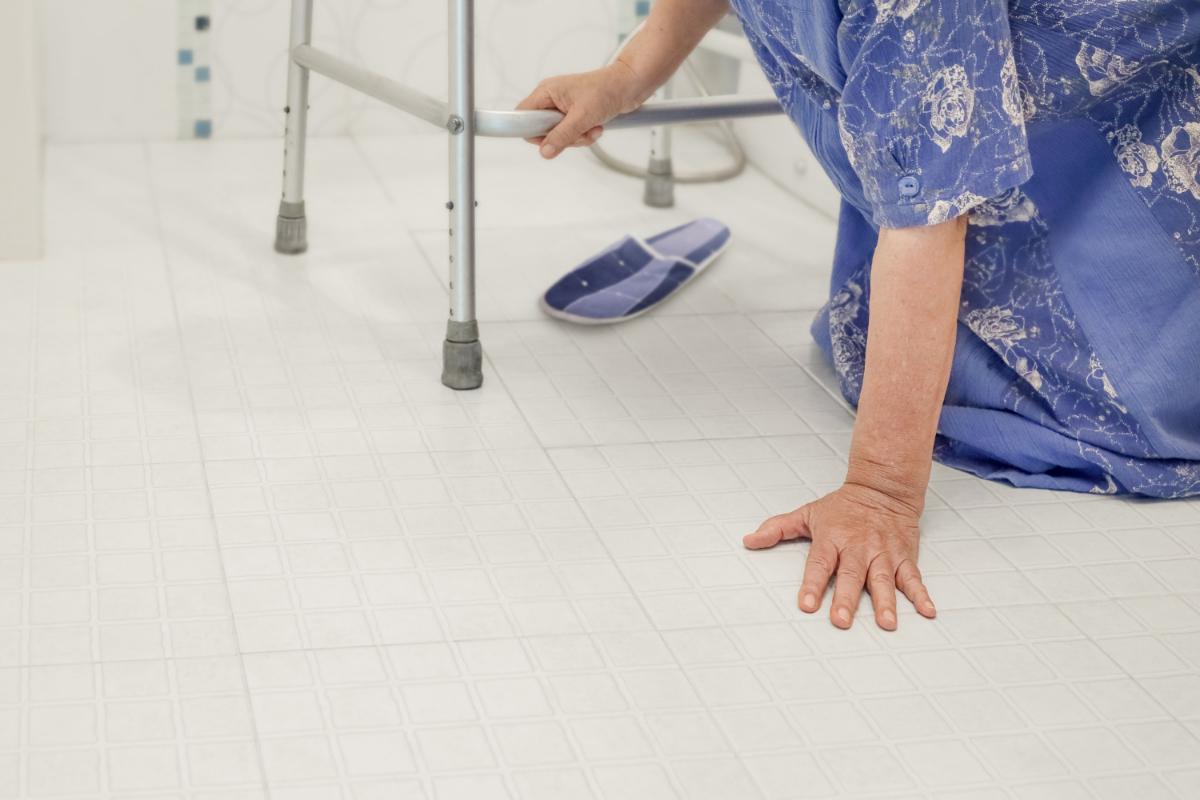Tips to Prevent Accidental Falls at Home

Everyone is sensitive to falling. Younger individuals usually suffer no injuries from falls at home, or the damage is minor and generates no long-term damage. Falls among older individuals, however, can be catastrophic.
Falls in older people happen for a combination of reasons. Some of them include muscle weakness, poor eyesight, infections, problems with walking or equilibrium, and perils in the home.
Besides rendering fatal injuries, falls can also cause nonfatal injuries ranging from mild to severe, like lacerations, fractured hips, or head trauma. In addition to a fall's biological results, there are psychological consequences, like developing a fear of falling. Sadly, older patients who develop a fear of falling often restrict their movements, making their muscles and flexibility decline. This raises the risk of additional falls in the future. Moreover, that same fear may keep them from involvement in social activities necessary for good mental and emotional health.
According to our experts on home health care in Philadelphia, PA, with the help of relatives or a caregiver, here are things patients can do to avoid falls and decrease their harmful consequences:
Maintain a balanced diet
Calcium, protein, and other essential vitamins are required for optimal health, and maintaining a balanced diet helps older adults prevent frailty, insufficient fall healing, and the risk of injuries. In addition, diets rich in calcium decrease the adverse effects if a fall should happen because calcium strengthens bones.
Visit an eye doctor at least annually
Imperfect eyesight is a familiar cause of falls. Patients sometimes sense things as being nearer or farther than they are; sometimes, they don't notice things in their paths at all. To prevent accidents compelled by eye conditions, like glaucoma and cataracts, check your eyes at least once yearly and confirm that your glasses are updated so you will maximize your vision.
Decrease home risks
Many things in your house increase the chance of patient falls. To lower the risk, rearrange your furniture to make broad, clear paths for walking, throw out worn or slippery rugs, and ensure that things are not left on the floor. In addition, you should supply sufficient lighting in places where you spend your time, and you should install handrails in the restroom, the kitchen, and other areas in your home where falls are likely to happen.
Wear shoes that fit
Loose footwear often causes tripping or falling, so wear shoes that fit perfectly. Choose non-slip, textured soles with adequate ankle support to help you remain balanced and stable. Avoid sporting slippers or remaining barefoot.
Utilize mobility aids
Ambling aids, like a walker or cane, are valuable in reducing falls in seniors who have trouble walking steadily. It is critical, however, to see a physiotherapist before using a walking aid because the incorrect one can increase the chance of injuries from falls.
Contrary to what most individuals believe, falls are not unavoidable, nor do they need to be a normal consequence of aging. Seniors can avoid these accidents if they work with their relatives and caregivers to proactively safeguard themselves from falls. It's also crucial for them to form a positive attitude about staying healthy and modifying their lifestyle and surroundings for fall prevention and overall well-being. Contact us today for more information on home health care in Philadelphia, PA. We are here to keep you as independent as possible!